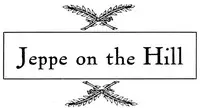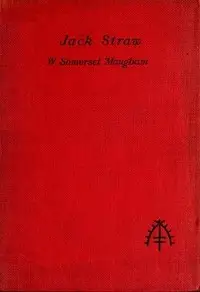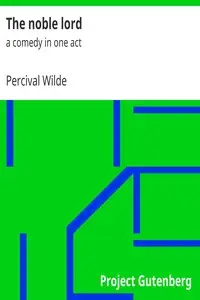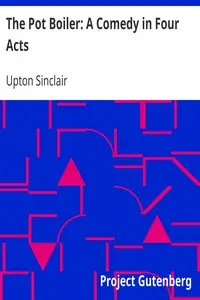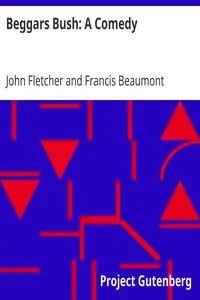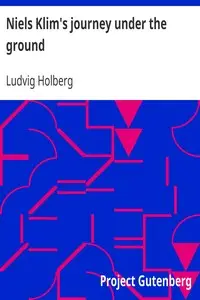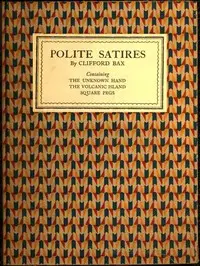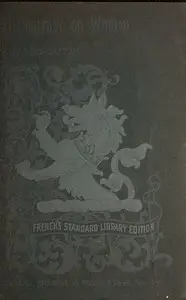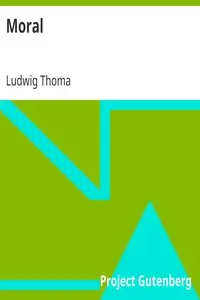"Comedies by Holberg: Jeppe of the Hill, The Political Tinker, Erasmus Montanus" by Ludvig Holberg is a compilation of funny plays from the 1700s that uses humor to point out what's wrong with society and how silly people can be. One of the plays it features is, "Jeppe of the Hill" where we meet Jeppe, a peasant who likes to drink. He goes on a crazy adventure where he pretends to be a rich nobleman, which makes fun of social classes and who we think we are. In the beginning, we see how Jeppe doesn't have an easy life at all because his wife, Nille, is always bossing him around. Jeppe feels sorry for himself and complains about his problems in a funny way. He is always struggling with his wife's expectations and the problems in society. Jeppe can't seem to break free from drinking and feeling hopeless. The way he and Nille talk to each other shows how ridiculous their life is, and it sets the scene for the funny events that are about to happen. A rich nobleman and his friends decide to play a prank on Jeppe, without him knowing. This part introduces the play's funny mood and gives people a sneak peek of the interesting characters and the lessons about society that will be shared.
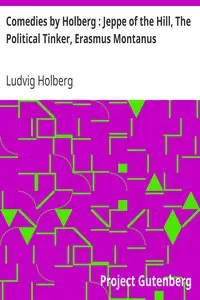
Comedies by Holberg : Jeppe of the Hill, The Political Tinker, Erasmus Montanus
By Ludvig Holberg
A drunken peasant is tricked into believing he's a nobleman, leading to hilarious chaos and exposing the ridiculous side of society.
Summary
About the AuthorLudvig Holberg, Baron of Holberg was a writer, essayist, philosopher, historian and playwright born in Bergen, Norway, during the time of the Dano–Norwegian dual monarchy. He was influenced by Humanism, the Enlightenment and the Baroque. Holberg is considered the founder of modern Danish and Norwegian literature. He was also a prominent Neo-Latin author, known across Europe for his writing. He is best known for the comedies he wrote in 1722–1723 for the Lille Grønnegade Theatre in Copenhagen. Holberg's works about natural and common law were widely read by many Danish law students over two hundred years, from 1736 to 1936.
Ludvig Holberg, Baron of Holberg was a writer, essayist, philosopher, historian and playwright born in Bergen, Norway, during the time of the Dano–Norwegian dual monarchy. He was influenced by Humanism, the Enlightenment and the Baroque. Holberg is considered the founder of modern Danish and Norwegian literature. He was also a prominent Neo-Latin author, known across Europe for his writing. He is best known for the comedies he wrote in 1722–1723 for the Lille Grønnegade Theatre in Copenhagen. Holberg's works about natural and common law were widely read by many Danish law students over two hundred years, from 1736 to 1936.


